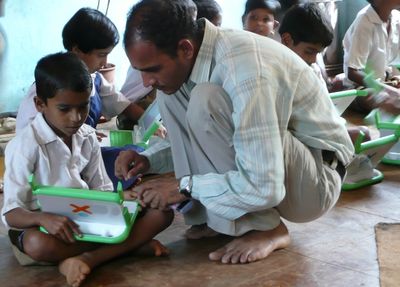Digital literacy in the 21st century
| [▲]Regional Relations in Asia and the Pacific | ||
|---|---|---|
| Introduction to course | Overview | Video signpost | Approach of the course | Digital literacy in the 21st century | e-tivity | |
Insert link to wiki course schedule here | ||
We also need to think about what it means to be digitally literate. In addition to content acquisition on regional relations in Asia and the Pacific, digital literacy will be an important skills base that you develop throughout your studies in this course. Digital literacy means that you are not only able to locate information using digital technology, but it also means you are able to organise, understand,
evaluate and analyse the information. Therefore, digital literacy means more than just being able to use a computer, it goes beyond computer skills and incorporates a number of literacy skills, some of which you already have acquired, and others you will develop over the course of the semester.
There is a great deal of information available on the internet. Some of it is very credible and useful. However, there is a lot of misinformation and poorly researched information online too. As your studies progress this semester, you need to think about the types of information you find through your search engine and you need to become skilled at identifying information that is credible and useful, and which links are best avoided. The CARS Checklist for Online Source Evaluation (Harris 1997) is an appropriate means of determining what you need to look for when assessing the credibility of the information coming up in your online searches. As you become more skilled at academic online searching and locating materials you will be quicker at determining what information is useful and credible. In the meantime, you should apply this checklist to the information you find
<Insert The CARS Checklist for Online Source Evaluation table -- need source files>
As we progress further into the 21st century it is important to realise that digital literacy is an important skills base we will all need to develop. Jobs, training opportunities and even everyday life increasingly require us to have digital literacy skills. In addition, research and academic endeavours also require us to be adept at these skills – particularly as more and more primary and secondary source material are only available as e-books, online journals or in online databases. Therefore, we need to continue to develop our digital literacy skills and this course will help you to achieve this.
